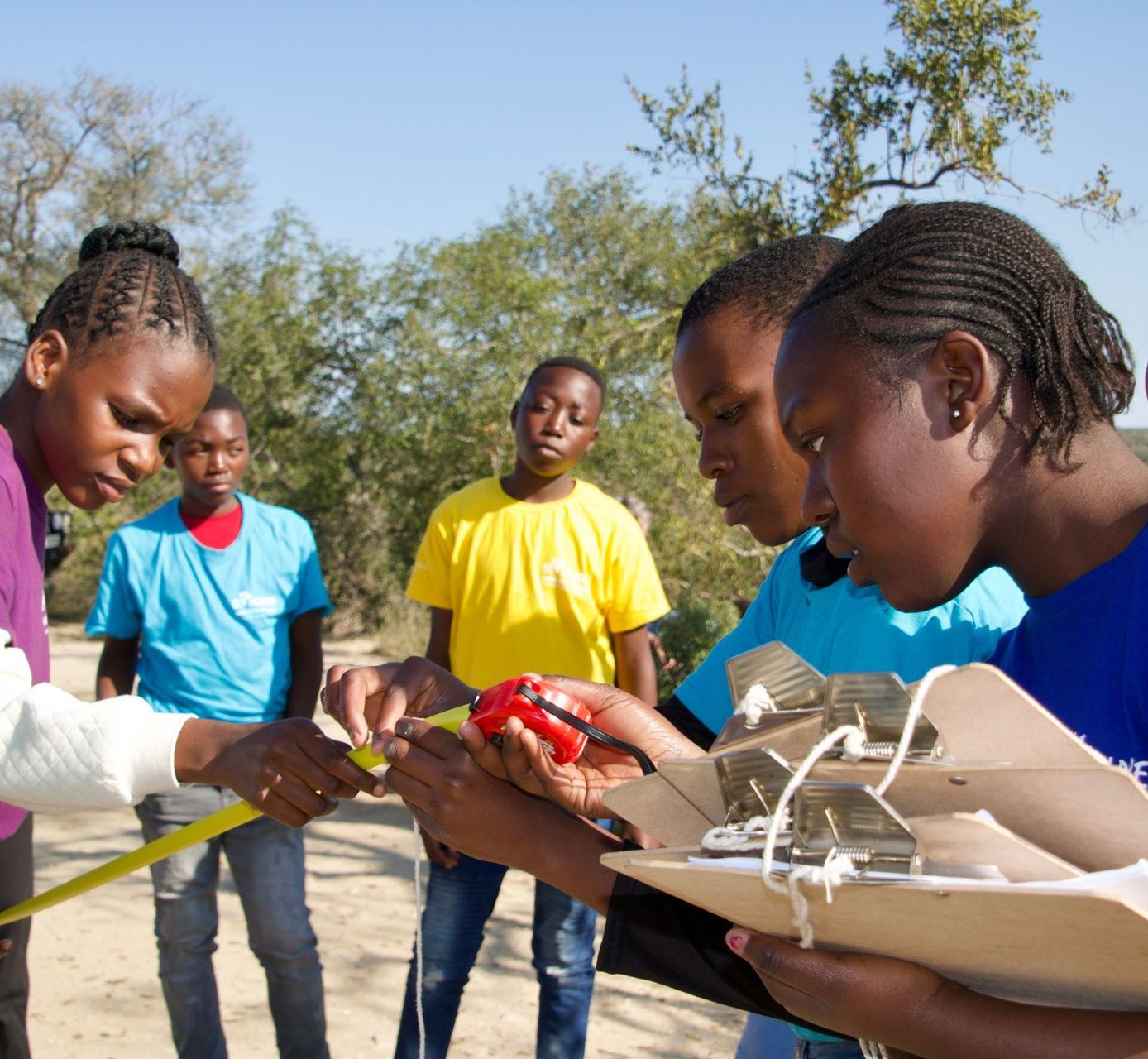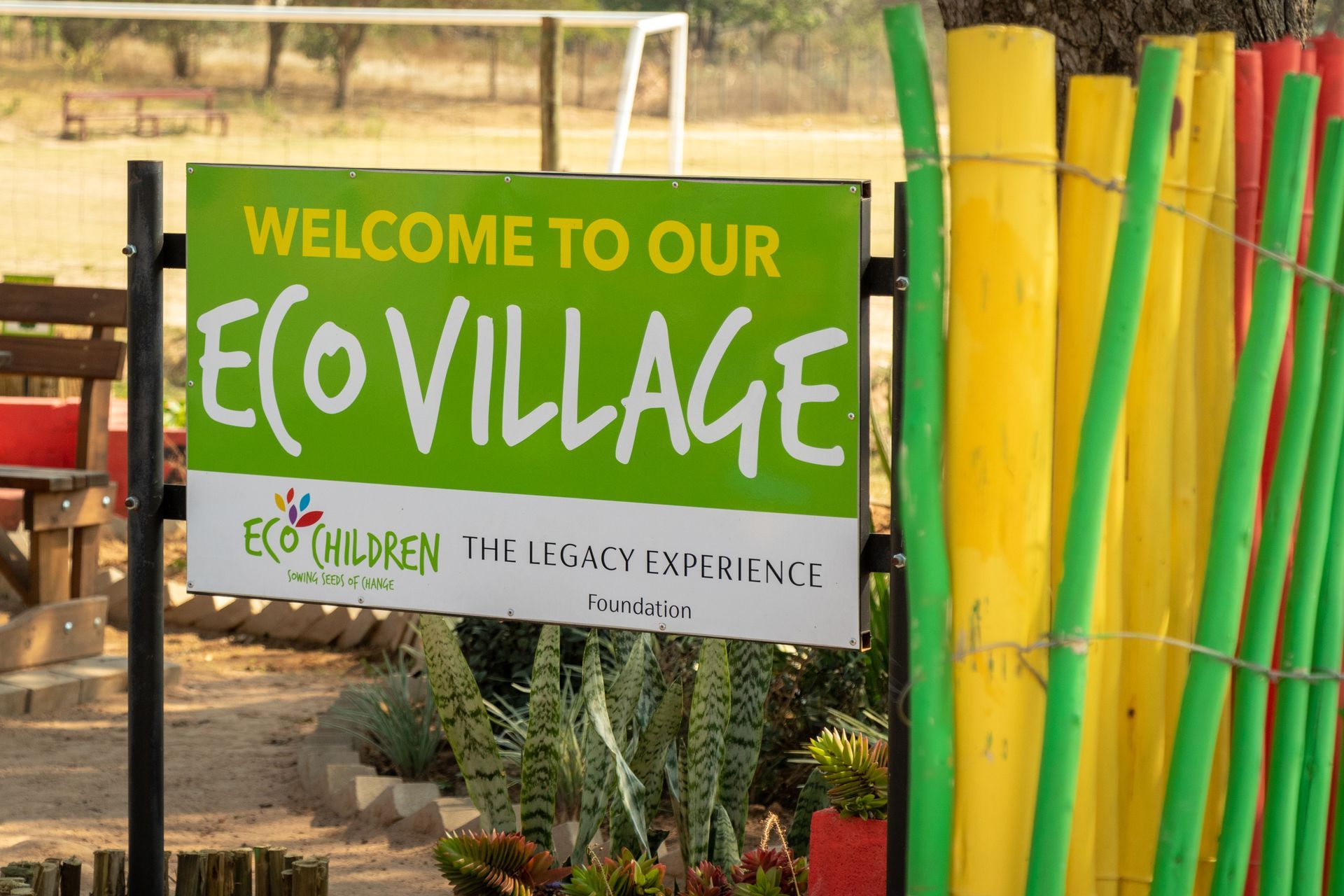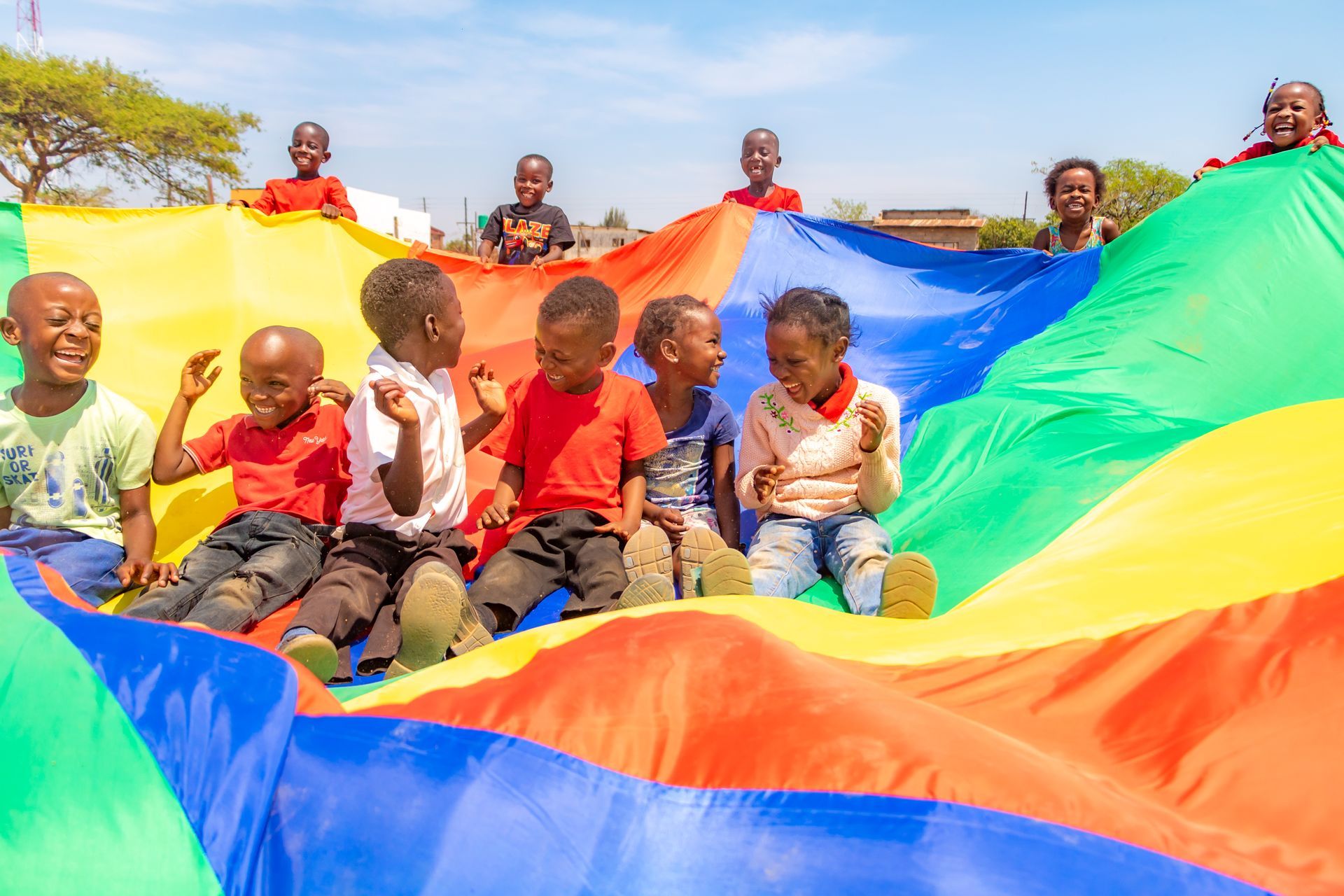ECO CHILDREN
Environmental Education
Environmental education plays a pivotal role in raising awareness about the environment and fostering the development of knowledge, attitudes, and actions that contribute to sustainable living. It is particularly crucial in South Africa, where rich biodiversity and critical environmental challenges demand an informed and proactive society.
Eco Children has made it its mission to integrate environmental education into its whole-school development model, creating awareness and empowering youth to take action for the environment.
ECO CHILDREN
What Is Environmental Education?
Environmental education (EE) is the process of educating individuals and communities about the natural world, the issues affecting it, and the sustainable practices that can be adopted to preserve it. It aims to create an informed citizenry that can make decisions that contribute to environmental health and sustainability. At its core, environmental education helps people understand their relationship with the natural environment and how they can influence positive change.
Eco Children’s approach to environmental education includes hands-on activities, classroom learning, and community involvement, ensuring that environmental principles are integrated into daily life and not confined to the classroom.
how we do it
Primary Aims of Environmental Education
Through its eco-villages, environmental workshops, and eco-classrooms, Eco Children aims to instill a strong sense of environmental stewardship in South African youth, shaping future leaders who are aware of the environmental challenges facing their communities.

Fostering environmental awareness
Educating individuals about environmental issues, biodiversity, and the importance of conservation.
Encouraging problem-solving
Developing the skills necessary to identify and address environmental challenges.
Promoting sustainable actions
Inspiring individuals and communities to adopt sustainable behaviors that contribute to the preservation of the environment.
ECO CHILDREN
Environmental Education
Principles of Environmental Education
Environmental education follows several basic principles, including:
- Interdisciplinary learning: Environmental issues are complex and require an integrated approach that draws on science, economics, politics, and ethics.
- Action-oriented education: Students should not only learn about environmental issues but also take active roles in finding solutions, be it through school projects or community initiatives.
- Local and global perspective: Learners should understand both local environmental challenges and the global context.
- Lifelong learning:
Environmental education does not end in school; it should be a continuous process that evolves as individuals grow.
Importance of Environmental Education
The importance of environmental education cannot be overstated, particularly in regions like South Africa where natural resources are under pressure due to factors such as urbanization, deforestation, and climate change. Eco Children’s programmes highlight the vital role that environmental education plays in:
- Building an informed society: Educating people about the impact of their daily choices on the environment.
- Protecting biodiversity: Promoting the conservation of local ecosystems such as those in Limpopo and Mpumalanga.
- Promoting sustainability:
Encouraging communities to adopt practices that reduce their environmental footprint.
Teaching Environmental Education
Eco Children teaches environmental education through a variety of methods, making learning engaging and accessible. This includes:
- Eco-classrooms: Dedicated spaces where learners receive education about conservation, sustainability, and ecology.
- Hands-on activities: Learners participate in maintaining Eco Gardens, growing fresh produce while learning about food security and sustainable agriculture.
- Workshops:
Eco Children offers special holiday workshops that introduce learners to topics such as wildlife conservation and the importance of recycling.
Get Involved Today!
This is a paragraph. Writing in paragraphs lets visitors find what they are looking for quickly and easily.
Eco Children
The Importance of the Environment and Environmental Studies
The Environment
The environment
is the foundation of life on Earth, providing the resources we need to survive, from clean water to fertile soil. Understanding its importance helps individuals and communities adopt sustainable lifestyles and make decisions that preserve these resources for future generations.

Environment Studies
Environmental studies
as a field equips learners with the knowledge and skills to engage in environmental protection and management. Eco Children’s approach integrates environmental studies into the broader curriculum, ensuring that students not only learn about environmental issues but also how to take action.

The Importance of Environmental Education History
Teaching the history of environmental education is essential to understanding how human interaction with the environment has evolved. It helps students appreciate the progress made in environmental protection and the challenges that still need to be addressed. Eco Children incorporates lessons about conservation history and the importance of protecting South Africa’s natural heritage.

Environmental Education in South Africa
Environmental education in South Africa is critical due to the country’s rich biodiversity and pressing environmental issues. From wildlife conservation to sustainable development, Eco Children addresses these challenges through its education programmes in Limpopo and Mpumalanga, targeting young learners in rural communities. The goal is to empower the next generation with the knowledge and skills to actively participate in environmental conservation and community development.

unlocking potential
The Goal of Environmental Education in South Africa
The Goal
The ultimate goal of environmental education in South Africa is to nurture a generation that is environmentally conscious, proactive, and capable of addressing the environmental challenges that the country faces. Through programmes like those offered by Eco Children, environmental education becomes not only a tool for learning but also a catalyst for change, creating a sustainable future for South Africa.
Eco Children
By focusing on hands-on learning, sustainable practices, and community involvement, Eco Children ensures that environmental education is accessible and impactful, fostering both personal growth and ecological responsibility.
Eco Children
Frequently Asked Questions
What is Environmental Education?
Environmental education is the process of teaching individuals and communities about the natural environment, sustainability, and how to manage resources responsibly. It promotes awareness, problem-solving, and action for environmental protection.
Why is Environmental Education important?
It equips people with the knowledge and skills to make informed decisions that benefit both the environment and society. It fosters a sense of responsibility toward preserving ecosystems and encourages sustainable practices.
How does Eco Children teach Environmental Education?
Eco Children uses a combination of classroom lessons, eco-gardens, hands-on activities, and workshops to teach children about conservation, sustainability, and the natural world. They focus on a holistic, whole-school development approach.
What are the main principles of Environmental Education?
The core principles include interdisciplinary learning, fostering problem-solving skills, encouraging action-oriented approaches, and promoting lifelong environmental stewardship.
What is the goal of Environmental Education in South Africa?
The goal is to raise awareness about environmental challenges and empower communities, especially youth, to take action for a sustainable future. Through education, South Africa can protect its biodiversity while addressing key social and environmental issues.


